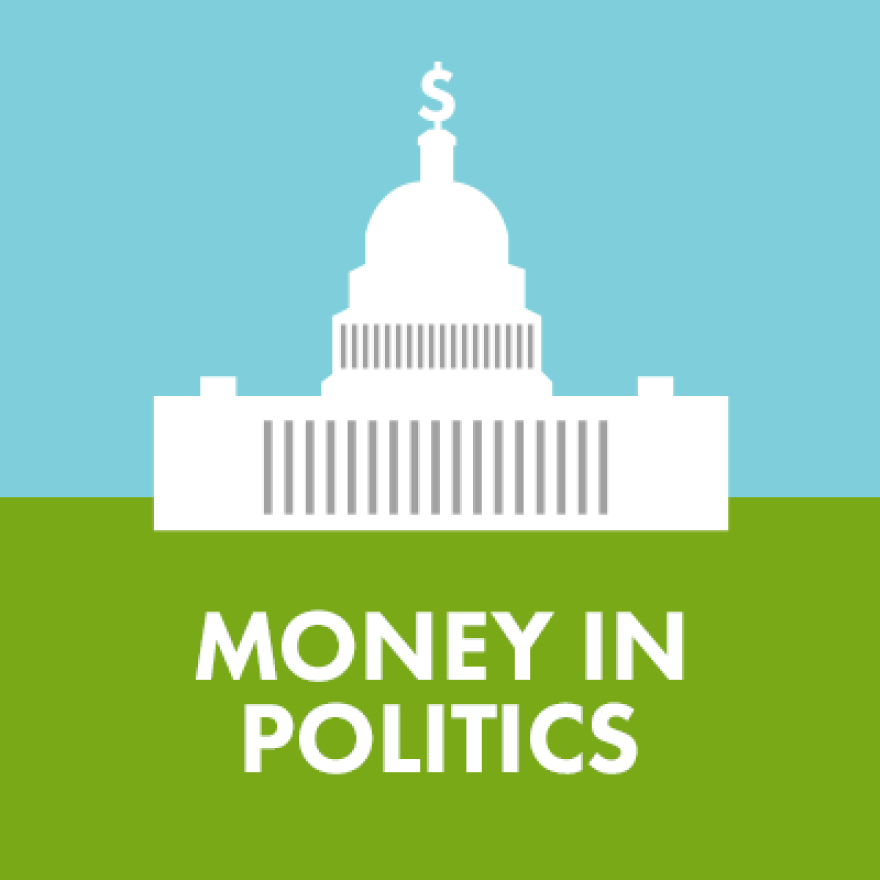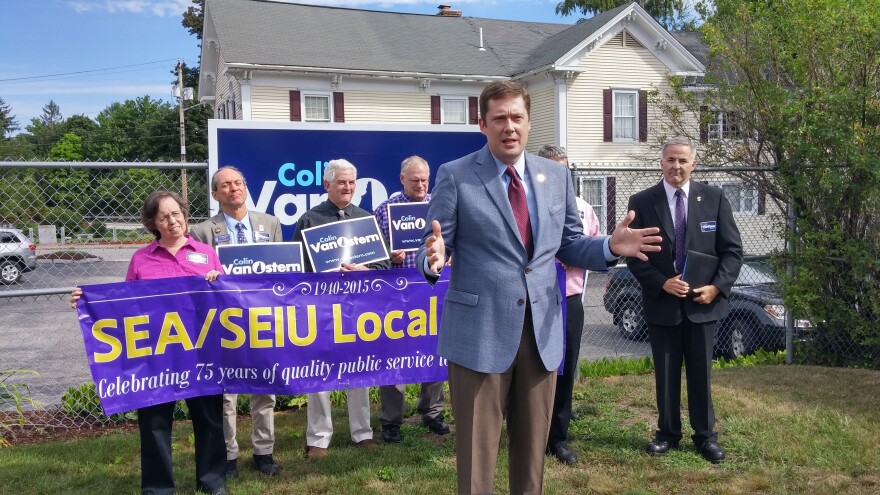This week’s Supreme Court ruling limiting the ability of public sector unions to collect "agency fees" from non-members has landed along predictably partisan lines in New Hampshire.
Democrats quickly mobilized in opposition, decrying the decision as an attack on “the ability of unions to negotiate when we need them most.”
Republicans, on the other hand, hailed it as a victory for “worker freedom.” Some also repeated a central talking point made by those arguing the case: That “negotiations by public sector unions are inherently political and nonmembers cannot and should not be compelled to pay for them.”
The court’s opinion makes clear that the “agency fees” at the center of the case were not “related to the election or support of any candidate for political office” -- in other words, campaign donations. Instead, these fees are meant only for “activities ‘germane’ to the union’s collective bargaining activities.”

The case involved an Illinois state employee who “refused to join [his state employees' union] because he opposes ‘many of the public policy positions that [it] advocates.’ ” Therefore, he argued, he shouldn’t have to give any of his money to the group.
On the other side, unions argue that non-members benefit from the union’s collective bargaining activities and should have to maintain some stake in supporting their work.
In the end, the court was sympathetic to the dissenting employee’s stance that these fees constitute “coerced political speech.”
To understand why this decision about “administrative fees” is so deeply polarizing, it helps to look at how unions have wielded their clout when it comes to spending other parts of their budgets on political campaigns.
Anyone who’s made a trip to their mailbox during election season in New Hampshire knows that the state’s public sector unions tend to favor Democratic candidates up and down the ballot. And data from the National Institute of Money in State Politics, which tracks spending in state races, bears that out.
A review of recent campaign spending by major public sector unions shows that they donate overwhelmingly to Democratic candidates — though a handful of Republicans have also received some support.
Take the State Employees Association of New Hampshire, one of the state’s largest public sector unions. In the last two decades, they’ve given about $140,000 to Democratic candidates but only about $10,000 to Republicans, according to the National Institute on Money in State Politics.
One of the few Republicans to receive consistent support from the group in recent years included state Sen. Sharon Carson and former state Sen. David Boutin. Both broke with other members of their party to cast decisive votes on “Right to Work” legislation, which would have restricted unions’ ability to collect the same kind of “agency fees” that were at issue in the Supreme Court case.
The State Employees Association also endorsed Boutin over his Democratic opponent in a competitive 2017 special election to win back his old seat, but he ended up losing that race.
The Professional Fire Fighters of New Hampshire has similarly thrown its support behind a few Republicans in recent races. In the last two decades, they’ve given about $389,889 to Democrats compared to $57,747 to Republicans, according to the National Institute on Money in State Politics. In 2016, they donated to five Republicans running for the New Hampshire House and one running for the state Senate.
Union-backed political committees, like other interest groups, don’t just make direct donations to candidates’ campaigns — they also make their own “independent expenditures” to support (often Democratic) candidates.
In the 2016 gubernatorial race, the local affiliates of several major public sector unions poured hundreds of thousands of dollars into New Hampshire: The National Education Association reported $220,847 in independent spending to support Democrat Colin Van Ostern; the State Employees’ Association of New Hampshire reported $19,436; and the Service Employees International Union reported $1,375.
But national labor groups also channeled their money into other committees that, in turn, played a big role in the race. A group called “Put New Hampshire First” spent more than $4.3 million to help Van Ostern. It got most of its money from the Democratic Governors’ Association, but it also got $750,000 from three national labor unions.
Another group called “United We Can” spent more than $650,000 on the race, about 80 percent of which came from the Service Employees International Union. (The DGA itself is also funded by a mix of corporate and labor-backed donors.)
Of course, labor groups are hardly the only ones channeling money through committees that can, in turn, spend millions of dollars to influence state races.
The biggest source of independent spending in the 2016 governor’s race was a group called “Live Free PAC,” which supported now-Gov. Chris Sununu. The PAC got all of its money from the Republican Governors’ Association which, in turn, got millions of dollars from corporate donors.








